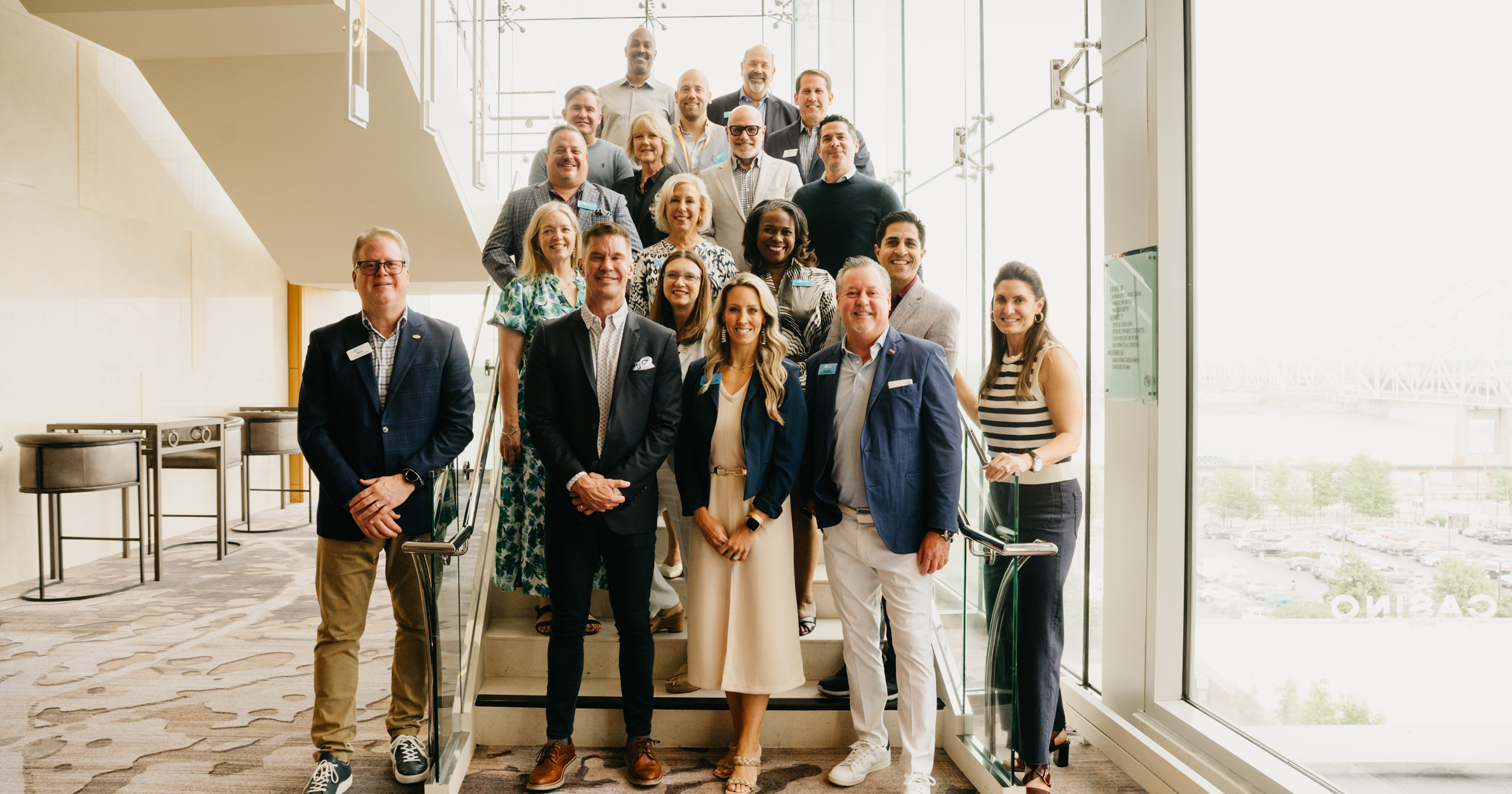Over the past few
years, I’ve watched careers shift under the weight of disruption. AI,
shifting workforce expectations, economic uncertainty and the growth of
the freelance economy have changed what matters most at work.
The achievements we were taught to chase like the degree, the title and the long stretch in one role no longer carry the same weight. They still have value, but they now come with diminishing returns. What companies truly O value are skills. The ability to adapt, to keep learning and to lead through change is the new currency of success.
And here’s the catch: Most people aren’t keeping up. The World Economic Forum (WEF) reports that 58% of workers need new skills just to do their current jobs.
THE TRUE COST OF WAITING
Like inflation erodes the value of money, disruption erodes the value of your skills, and the demand for new ones is accelerating faster than ever. The WEF predicts that nearly 40% of today’s skills will be disrupted by 2030.
So, ask yourself: If only 60% of the value you offer today is relevant, how much will you be worth?
And if you’re waiting for your company to invest in you, think again. The Soundings’ "AI Impact on Workforce Dynamics in Business Events" study revealed only 41% of companies in the business events industry are actively upskilling or reskilling employees.
Which means this: The responsibility for growth falls on you. The smartest way to approach it is to think of your skills as a portfolio.
DIVERSIFY YOUR SKILLS PORTFOLIO
If skills are currency, you need to treat them like assets. Just like a financial portfolio, your skills should be built, diversified and managed over time. Relying too heavily on one skill or one credential is the career equivalent of putting your life savings into a single stock. Risky.
Healthy portfolios have a mix of investments. You need skills that deliver immediate returns like technical know-how that makes you marketable today. You also need long-term growth assets like resilience, creativity and leadership.
HARD SKILLS + HUMAN SKILLS = COMPOUNDED VALUE
So which skills matter most right now? The WEF’s "Future of Jobs Report" points to analytical thinking, creative thinking, resilience, flexibility, agility, motivation, self-awareness, curiosity, lifelong learning and technological literacy.
Notice anything? That list is not just about technical know-how. It is a blend of hard and human. Yes, technological literacy and analytical thinking can open doors. But the real differentiators are resilience, creativity and adaptability.
Here’s why. Hard skills depreciate. The hottest tool today is obsolete tomorrow. Human skills appreciate. The more you build adaptability, leadership and collaboration, the more valuable you become across roles, industries and contexts. When you put the two together, you get compounded value. Hard skills show what you can do. Human skills determine how far you can go.
IT STARTS WITH YOU
Here’s the hard truth. No one else can do this for you. Your boss can’t. Your company might help, but you can’t bank on it. Waiting around for someone else to make the investment is like waiting for a random inheritance from a distant relative. Possible? Sure. Likely? Not really.
You own your growth. Investing in yourself is not indulgent. It is the smartest financial strategy you can make. Growth is not a onetime workshop or a certification to hang on your wall. It is ongoing. It is sometimes uncomfortable. And it is always worth it.
WHAT YOU CAN DO RIGHT NOW
- Audit your skills portfolio. What do you already have, and where are the gaps?
- Balance technical with human. Don’t rely on one or the other, you need both.
- Diversify your assets. Build short-term skills that make you marketable today and long-term strengths that keep you relevant tomorrow.
- Invest consistently. Small, steady growth compounds over time.
- Own the process. If your company offers support, take it. If not, don’t wait, create your own opportunities to learn.
CLOSING THOUGHT
The workplace will keep evolving whether you are ready or not. You can’t control the pace of disruption. You can’t control the economy. What you can control is how you prepare.








